Are you confused about the difference between ground faults and short circuits? Does it seem like a complicated topic that’s hard to figure out? Don’t worry – this article will explain the basic differences between ground faults and short circuits in an easy-to-understand way.
We’ll cover what they are, how they occur, as well as their potential dangers. In no time at all you’ll be able to differentiate between these two important electrical terms!
What Is a Ground Fault?
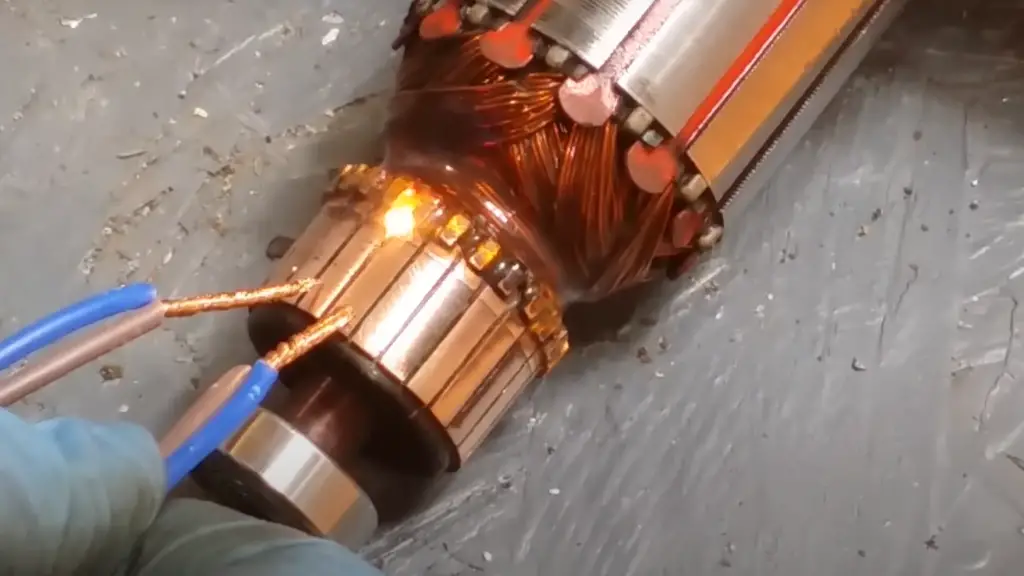
Common Causes of Ground Faults
Ground faults can happen if the wires are damaged or not insulated properly. They can also occur when electrical systems are not taken care of, like if old parts are not replaced. [1]
What Is a Short Circuit?
A short circuit is when electricity takes the shortest route to the ground instead of going through where it’s supposed to. This causes a lot of current to flow and can lead to overheating, power loss and even fires.
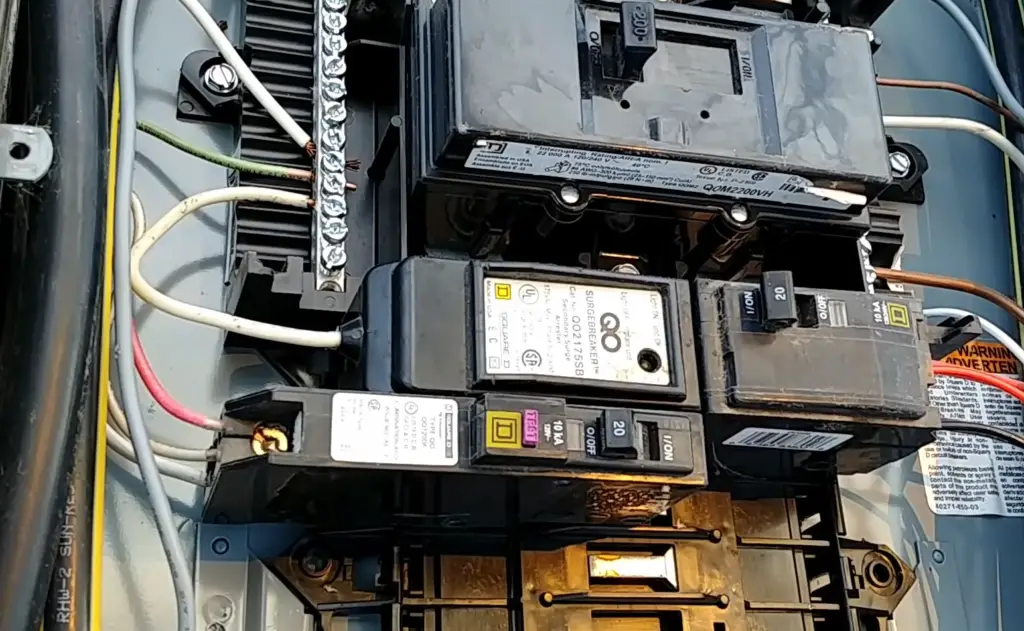
Common Causes of Short Circuits
Short circuits happen most often when wires touch each other that shouldn’t or when the wrong type of wire is used for an electrical system. They can also occur if the wiring is not installed correctly. [1]
What’s the Difference?
The main difference between a ground fault and a short circuit is where the electricity goes.
A ground fault occurs when electricity leaves the wire and goes somewhere it shouldn’t, while a short circuit is when too much current flows through one wire instead of flowing properly through multiple wires.
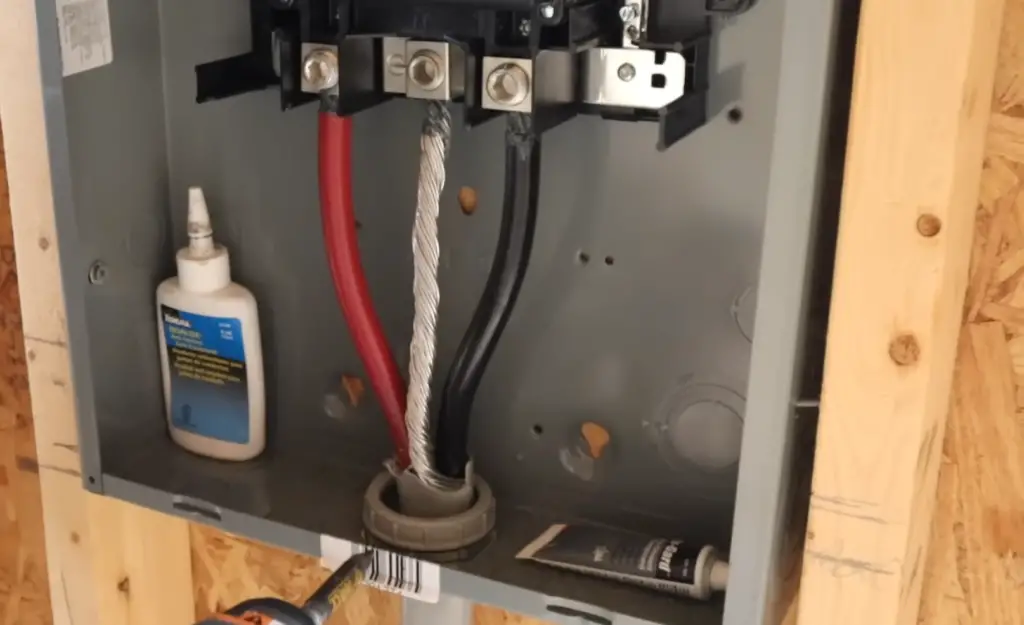
How to Prevent Short Circuit and Ground Fault?
The best way to prevent ground faults and short circuits is to make sure that all wiring is done correctly. This includes using the right type of wire, connecting wires properly and making sure that everything is insulated correctly.
Additionally, having a GFCI installed can help detect ground faults and shut off the power before someone gets hurt. [2]
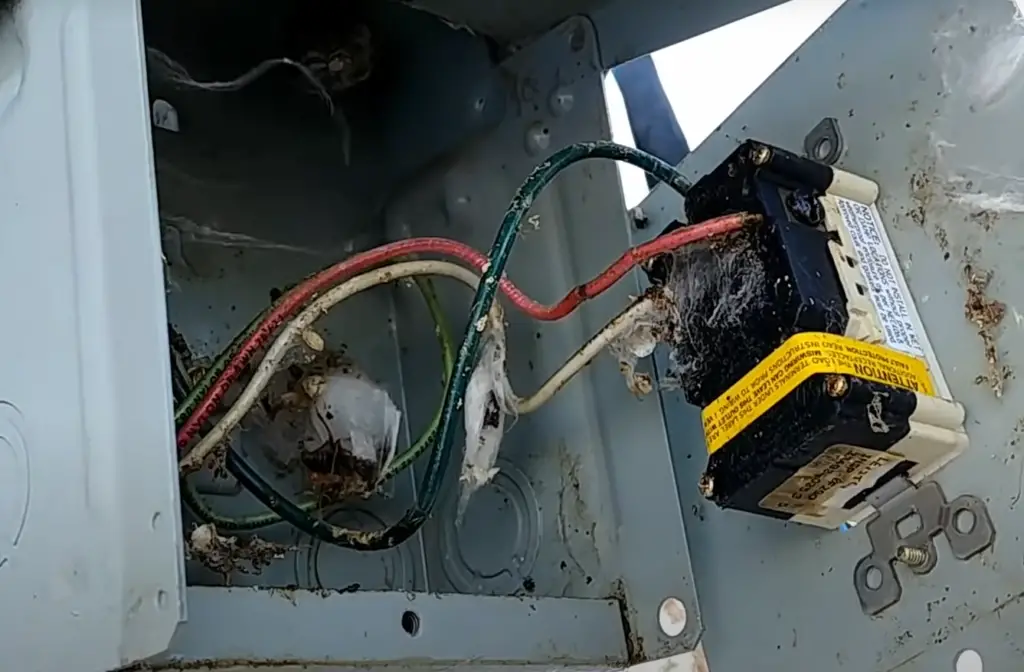
Potential Dangers of Both Ground Faults and Short Circuits
Both short circuits and ground faults can be dangerous, as they can cause fires or electrocution.
It’s important to take steps to prevent them by making sure your electrical system is up to date and inspected regularly.
You now know the basics about ground faults and short circuits. Check your electrical system to make sure it is safe. If you are not sure, ask an electrician for help.
They have lots of experience and can help keep you and your family safe from any unexpected electric dangers.
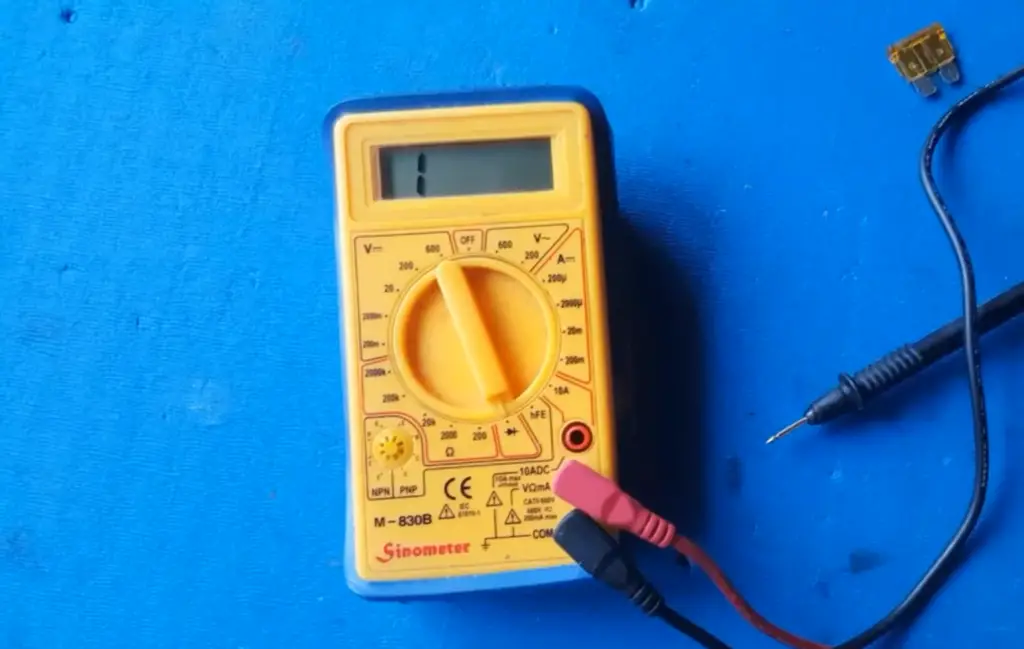
FAQ
Can a ground fault cause a short circuit?
No. Ground faults occur when electricity goes somewhere it shouldn’t, while short circuits happen when too much current flows through one wire instead of multiple wires.
What is the difference between a ground fault and an open circuit?
A ground fault occurs when electricity goes to where it should not, while an open circuit means that there is an interruption in the flow of electricity from one point to another.
An open circuit can cause a ground fault if the current finds an alternate path to go through.
What are some common causes of short circuits and ground faults?
Common causes of short circuits include wires touching each other that shouldn’t or when the wrong type of wire is used for an electrical system. Common causes of ground faults include damaged wires or not having proper insulation. Additionally, poor maintenance and old parts can cause both short circuits and ground faults.
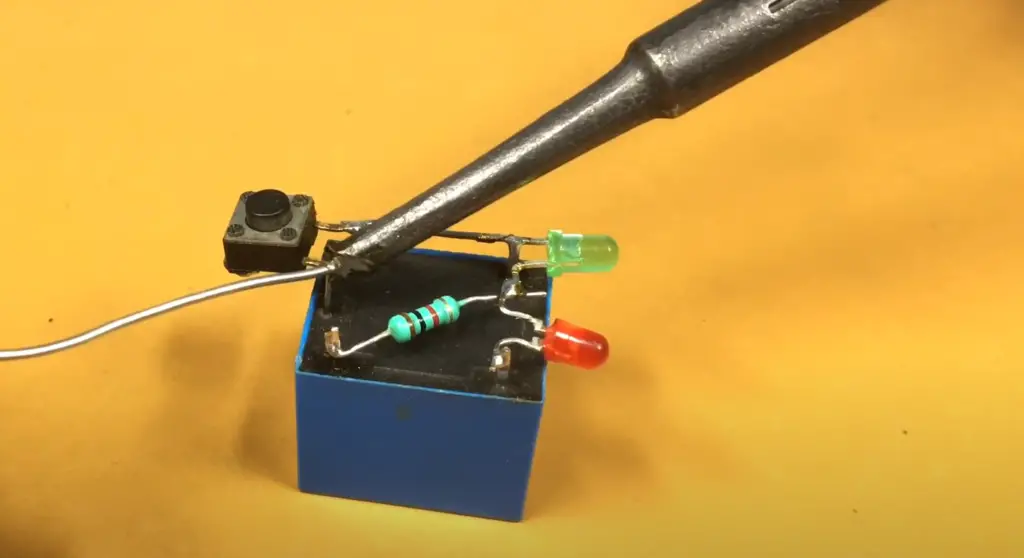
How can I prevent short circuits and ground faults?
The best way to prevent both short circuits and ground faults is to make sure that all wiring is done correctly, with the right type of wire and proper insulation.
Additionally, having a GFCI installed can help detect ground faults and shut off the power before someone gets hurt. If you are not sure, ask an electrician for help.
What are the potential dangers of short circuits and ground faults?
Short circuits and ground faults can be dangerous, as they can cause fires or electrocution.
What are short circuit and ground fault protection?
Short circuit and ground fault protection are safety measures put in place to protect you from potential electrical dangers.
This includes using the correct type of wire, connecting wires properly, making sure that everything is insulated correctly, and having a GFCI installed. It also means inspecting your electrical system regularly to make sure it is up to date and safe.
How do you find the ground fault and short circuit?
To check for ground faults and short circuits, use a multimeter or electrical tester. This will show if too much electricity is going through the circuit or if it is interrupted. If these tests show something wrong, call an electrician.
They can help you figure out what is wrong and make sure it is fixed before it becomes dangerous.
What is the difference between ground faults?
Ground faults occur when electricity goes somewhere it shouldn’t, while short circuits happen when too much current flows through one wire instead of multiple wires.
Ground fault protection is important to help detect and prevent ground faults, while short circuit protection helps protect against too high of a current flow.
Additionally, ground faults can be caused by an open circuit while short circuits are caused by wires touching each other that shouldn’t be.
What causes a short circuit?
A short circuit is caused when two conducting wires come into contact with each other and allow electricity to flow between them. This can happen if the wrong type of wire is used, the insulation fails, or the wires touch together accidentally.
As a result, too much current flows through one line instead of multiple lines, creating a potential danger. If you suspect a short circuit, shut off the power and call an electrician for help.
Is the short circuit a fault?
Yes, a short circuit is considered a fault. It occurs when too much current flows through one wire instead of multiple wires and can cause fires or electrocution if not fixed properly.
To prevent this from happening, make sure that all wiring is done correctly with the right type of wire and proper insulation, and have a GFCI installed to help detect any potential faults.
Can a ground fault cause an electric shock?
Yes, a ground fault can cause an electric shock if not fixed properly. This is why it’s important to make sure that all wiring is done correctly with the right type of wire and proper insulation, and to have a GFCI installed to help detect any potential faults.
Additionally, if you are unsure about anything related to your electrical system, always call an electrician for help.
How do you prevent ground fault and short circuit?
There are several steps you can take to help prevent ground fault and short circuit. First, make sure that all wiring is done correctly with the right type of wire for each application and properly insulated.
Additionally, it’s important to inspect your electrical system regularly to catch any potential problems before they become dangerous.
Finally, consider installing a GFCI in every receptacle or circuit to help detect any ground faults or short circuits quickly and safely.
What is the importance of ground fault and short circuit protection?
Ground fault and short circuit protection are essential for protecting your home from potential electrical fires or electrocution.
Ground fault protection helps detect any ground faults quickly, while short circuit protection prevents too high of a current flow from occurring in the first place.
Installing GFCIs can help you achieve both of these goals and ensure that your home is as safe as possible.
What is the difference between ground fault and short circuit protection?
The main difference between ground fault and short circuit protection is that ground fault protection helps detect any potential faults while short circuit protection helps prevent too high of a current flow from occurring in the first place.
Additionally, ground faults are caused by an open circuit while short circuits are caused by wires touching each other. Installing GFCIs can help you achieve both of these goals and ensure that your home is as safe as possible.
What should you do if you suspect a ground fault or short circuit?
If you suspect a ground fault or short circuit, the first thing you should do is shut off the power. Then, it’s important to call an electrician so they can inspect your system and fix any potential issues.
This will help ensure that no harm comes to anyone in your home, and that any potential fires or electrocution are avoided.
How do GFCIs help protect against ground fault and short circuit?
GFCIs (Ground Fault Circuit Interrupters) are devices that help detect any potential faults quickly, so you can shut off the power before any harm comes to anyone in your home.
Additionally, GFCIs can also help prevent too high of a current flow from occurring in the first place, so they can help protect against both ground fault and short circuit. Installing GFCIs can help ensure that your home is as safe as possible.
How can you test to see if a GFCI is working properly?
You can test to see if a GFCI is working properly by pressing the “Test” button. If it trips and cuts off power, then your GFCI is working as intended. Additionally, you can also periodically check the outlets for any signs of damage or loose wires, which may indicate a ground fault or short circuit. If you find any of these issues, it’s important to call an electrician for help.
How often should you test GFCIs?
It’s generally recommended to test your GFCI outlets at least once a month. Additionally, it’s important to inspect the outlets for any signs of damage or loose wires regularly and call an electrician if anything is out of the ordinary. This will help ensure that any potential faults are addressed quickly and safely.
How can you prevent ground fault and short circuit?
There are several steps you can take to help prevent ground fault and short circuit. First, make sure that all wiring is done correctly with the right type of wire for each application and properly insulated.
Additionally, it’s important to inspect your electrical system regularly to catch any potential problems before they become dangerous.
How do you protect yourself from ground faults and short circuits?
It’s important to always take the proper safety precautions when dealing with electricity. Make sure you are wearing protective gear, such as rubber-soled shoes and gloves, to reduce the risk of electrocution.
Additionally, always make sure that any appliances or tools you use are in good condition and free of any signs of damage.
Finally, it’s important to have GFCIs installed in your home so that any potential ground faults or short circuits can be addressed quickly.
Does a ground fault or short circuit cause a fire?
Yes, both ground faults and short circuits can cause fires if left unchecked. If the current flow is too high, it can create heat that may ignite any combustible materials near the source of power.
As such, it’s important to take necessary precautions to help prevent these situations and call an electrician if you ever suspect a ground fault or short circuit.
Do ground faults or short circuits cause damage to your home?
Yes, both ground faults and short circuits can cause extensive damage to your home if left unchecked. This includes potential fires, electrocution, and even structural damage due to the high current flow.
It’s important to have GFCIs installed in your home and inspect for any signs of potential faults on a regular basis to help prevent any damage. If you ever suspect a ground fault or short circuit, it’s important to call an electrician for help.
Does a ground fault or short circuit affect your appliances?
Yes, both ground faults and short circuits can damage your appliances. High current flow can cause the appliance to overheat, potentially leading to an electrical fire.
Additionally, it can also cause the appliance to malfunction or stop working altogether. It’s important to always inspect your appliances for any signs of damage or loose wires and call an electrician for help if you ever suspect a ground fault or short circuit.
Does a ground fault or short circuit cause an electrical shock?
Yes, both ground faults and short circuits can cause an electrical shock if left unchecked.
As such, it’s important to always take the necessary safety precautions when dealing with electricity and call an electrician for help if you ever suspect a ground fault or short circuit.
Do you need an electrician to fix a ground fault or short circuit?
Yes, it’s important to call an electrician for help if you ever suspect a ground fault or short circuit. An experienced electrician will be able to inspect your electrical system and diagnose the issue correctly.
Additionally, they will be able to take the necessary steps to repair any potential faults and ensure the safety of your home.
Does a ground fault or short circuit require replacement of equipment?
In some cases, yes. If the damage is severe enough, it may be necessary to replace certain components of your electrical system in order to ensure safety and functionality.
An experienced electrician will be able to inspect your system and make sure that any potential faults are addressed quickly and safely.
Do ground fault or short circuits require a permit?
In some cases, yes. Depending on the complexity of the electrical system and local regulations, you may be required to obtain a permit in order to repair any potential faults. An experienced electrician will be able to inspect your system and make sure that you have the necessary permits before proceeding with any repairs.
Can ground faults or short circuits be prevented?
Yes, there are several steps you can take to help prevent ground faults or short circuits in your home. It’s important to always inspect your electrical system for any signs of damage or loose wires and call an electrician for help if you ever suspect a ground fault or short circuit.
Additionally, it’s important to have regular maintenance performed on your electrical system in order to ensure optimal safety and functionality. Following these simple steps can help keep your home safe and running smoothly.
Can ground faults or short circuits be detected?
Yes, an experienced electrician will be able to inspect your electrical system and diagnose any potential problems.
Additionally, modern technology has allowed for the development of specialised equipment that can detect ground faults and short circuits from a distance.
This equipment can be used by professionals to quickly identify any potential issues before they become major problems.
Can a ground fault or short circuit cause a power outage?
Yes, if the problem is severe enough it can cause an entire power outage in your home. This is why it’s important to contact an experienced electrician for help as soon as possible if you ever suspect a ground fault or short circuit.
Can a ground fault or short circuit cause a fire?
Yes, if the problem is severe enough it can cause an electrical fire in your home. This is why it’s important to contact an experienced electrician for help as soon as possible if you ever suspect a ground fault or short circuit.
Useful Video: Overcurrent, Overload, Short Circuit, and Ground Fault
Conclusion
To sum up, the difference between a ground fault and a short circuit is significant. Ground faults, where current flows to the ground instead of its intended path, are usually caused by physical damage to cables or equipment, while short circuits occur when two currents touch each other.
Knowing how to identify and manage these kinds of electrical disturbances is critical in order to avoid any possible disruption or even damage to your electrical components. Taking the necessary precautions and looking out for signs of a ground fault or a short circuit will help protect both people and property from potential hazards.
If you believe an issue exists with your system, it’s important to contact a qualified electrician for assistance in identifying the cause so that appropriate measures can be taken.
Take action today to ensure that your home or business remains safe from any potential danger posed by electricity!
References
- https://www.thespruce.com/short-circuit-vs-ground-fault-1152505
- https://www.galvinpower.org/ground-fault-vs-short-circuit/




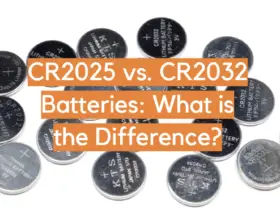
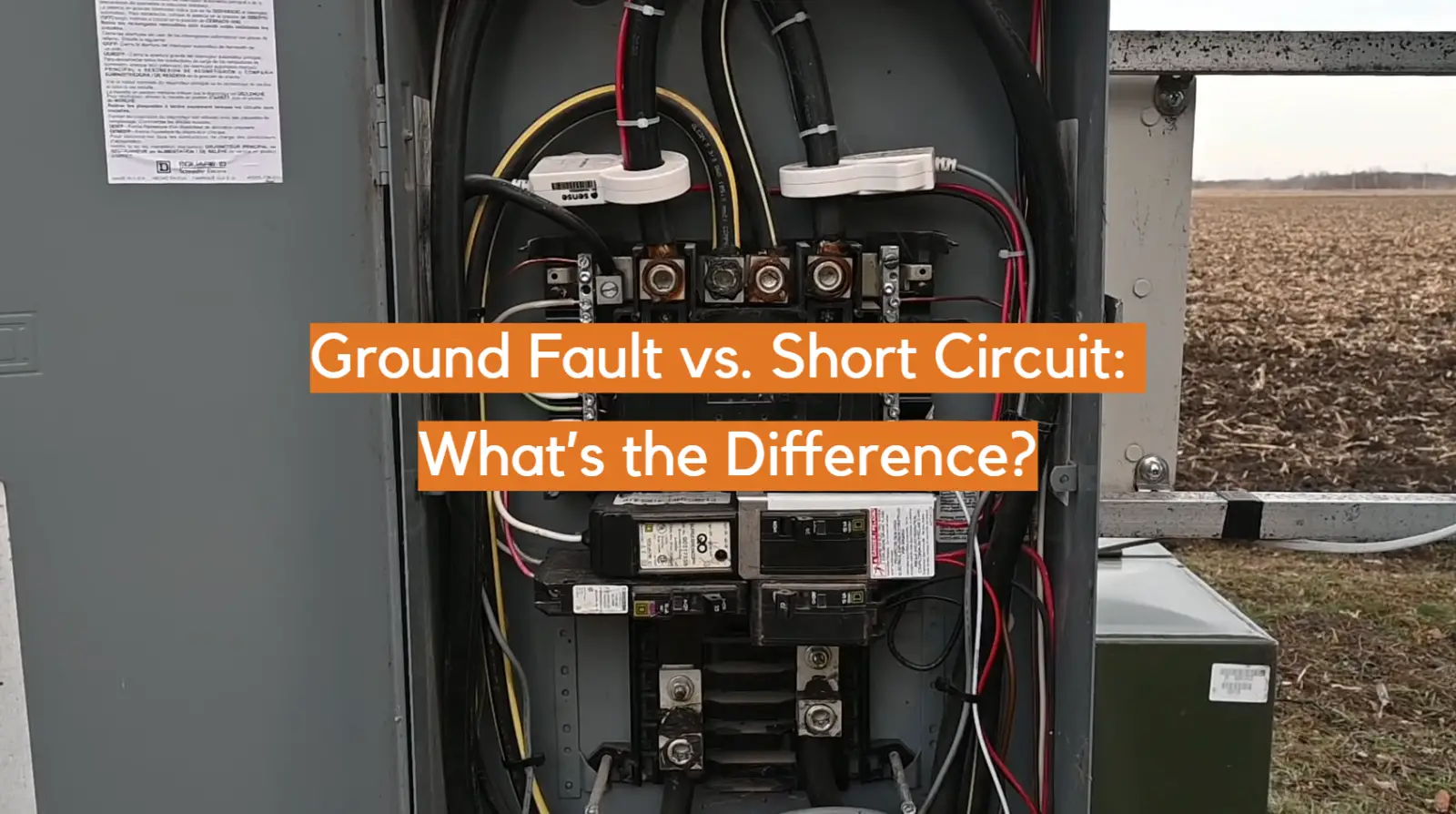


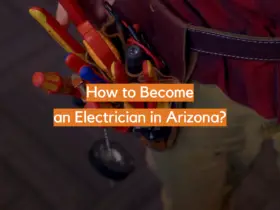


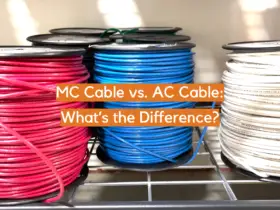
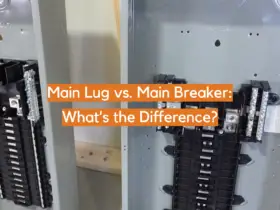

Leave a Reply